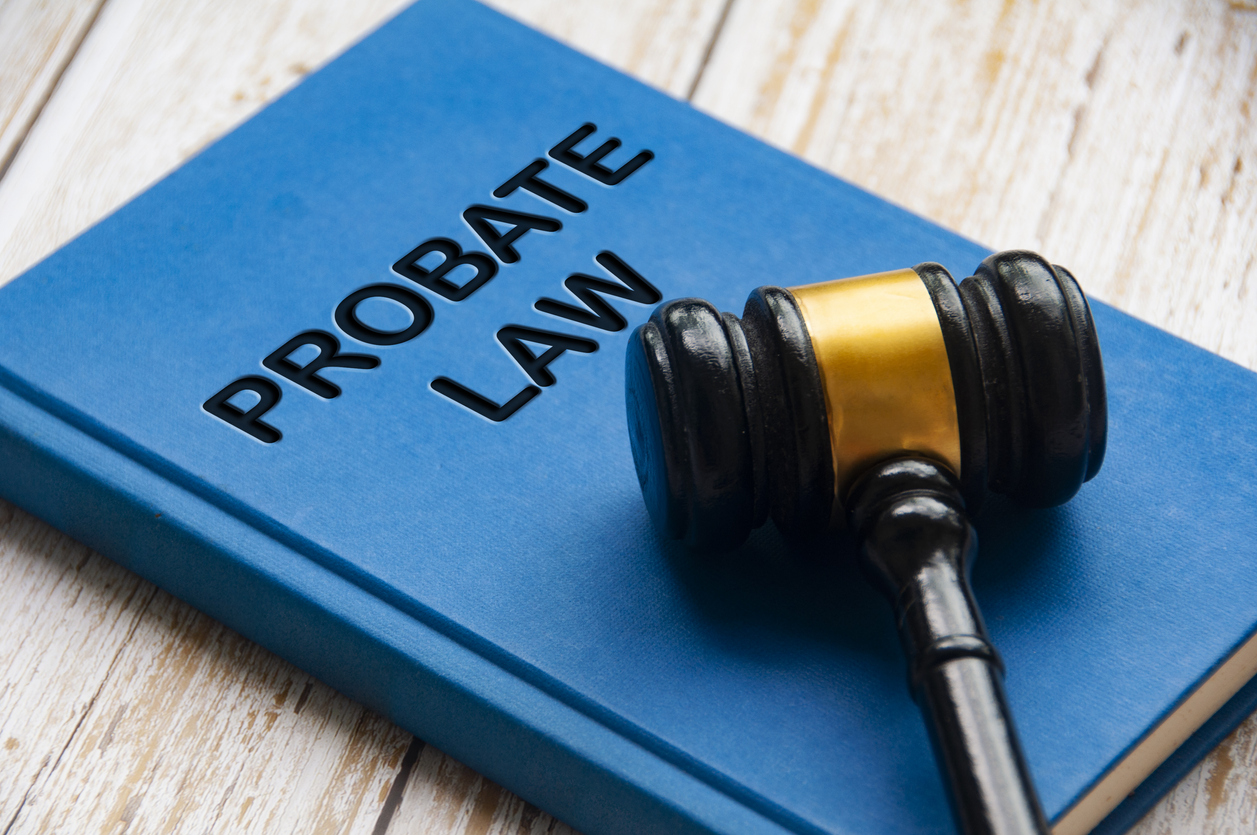Corporate Transparency Act Creates New Reporting Requirements for Businesses- Annapolis and Towson Estate Planning
Effective January 1, 2024, the Corporate Transparency Act (the “CTA”) will implement beneficial ownership information reporting requirements for corporations, limited liability companies and other business entities that were created in or are registered to do business in the United States. The CTA requires that certain information about the business’ owners be provided to the Department of the Treasury’s Financial Crimes Enforcement Network (“FinCEN”) and imposes significant penalties for noncompliance.
The purpose of the CTA, which is part of a broader effort by FinCEN to try to crackdown on illegal activity such as money laundering, corruption, tax fraud and terrorist financing, is to provide greater transparency of owner information to try to prevent criminals from hiding illegal property in the United States.
Who is required to file?
Corporations, limited liability companies and other business entities that were created by a filing with a secretary of state or a similar office to create the entity or, for foreign companies, a registration to do business in the United States.
The CTA contains 23 exemptions, mostly for large companies, such as publicly traded corporations, and businesses that the federal government heavily regulates, as these companies are already providing the information to the government.
Limited liability companies created for estate planning purposes must comply with the CTA.
What to file?
A business that is required to report beneficial ownership information under the CTA (called a “reporting company”) will be required to provide:
- legal name and any trade name or dba;
- address;
- jurisdiction in which it was formed or first registered, depending on whether it’s a U.S. or foreign company; and
- taxpayer identification number.
For each reporting company’s beneficial owners and each reporting company applicant, the following information with respect to individual owners will also be required:
- legal name;
- birthdate;
- address (in most cases, a home address); and
- an identifying number from a driver’s license, passport or other approved document for each individual, as well as an image of the document that the number is from.
There can be up to two individuals who qualify as a reporting company’s applicants:
- the individual who directly files the document that creates, or first registers, the reporting company; and
- the individual that is primarily responsible for directing or controlling the filing of the relevant document.
- A reporting company is only required to report company applicants if it is created or registered on or after January 1, 2024.
When to file?
- A reporting company created or registered before January 1, 2024 is required to file before January 1, 2025.
- A reporting company created or registered on or after January 1, 2024 is required to file within 30 calendar days of receiving actual or public notice that the company has been created, or upon receipt from your state’s secretary of state or similar office that the company was created or registered, whichever is earlier. FinCEN has reported that it will accept reports electronically beginning January 1, 2024. There is a proposal to extend the time to file for the first year to 90 days, but the extension has not been granted yet.
Please contact us with any questions.
Sims & Campbell, LLC- Annapolis and Towson Estate Planning Attorneys









